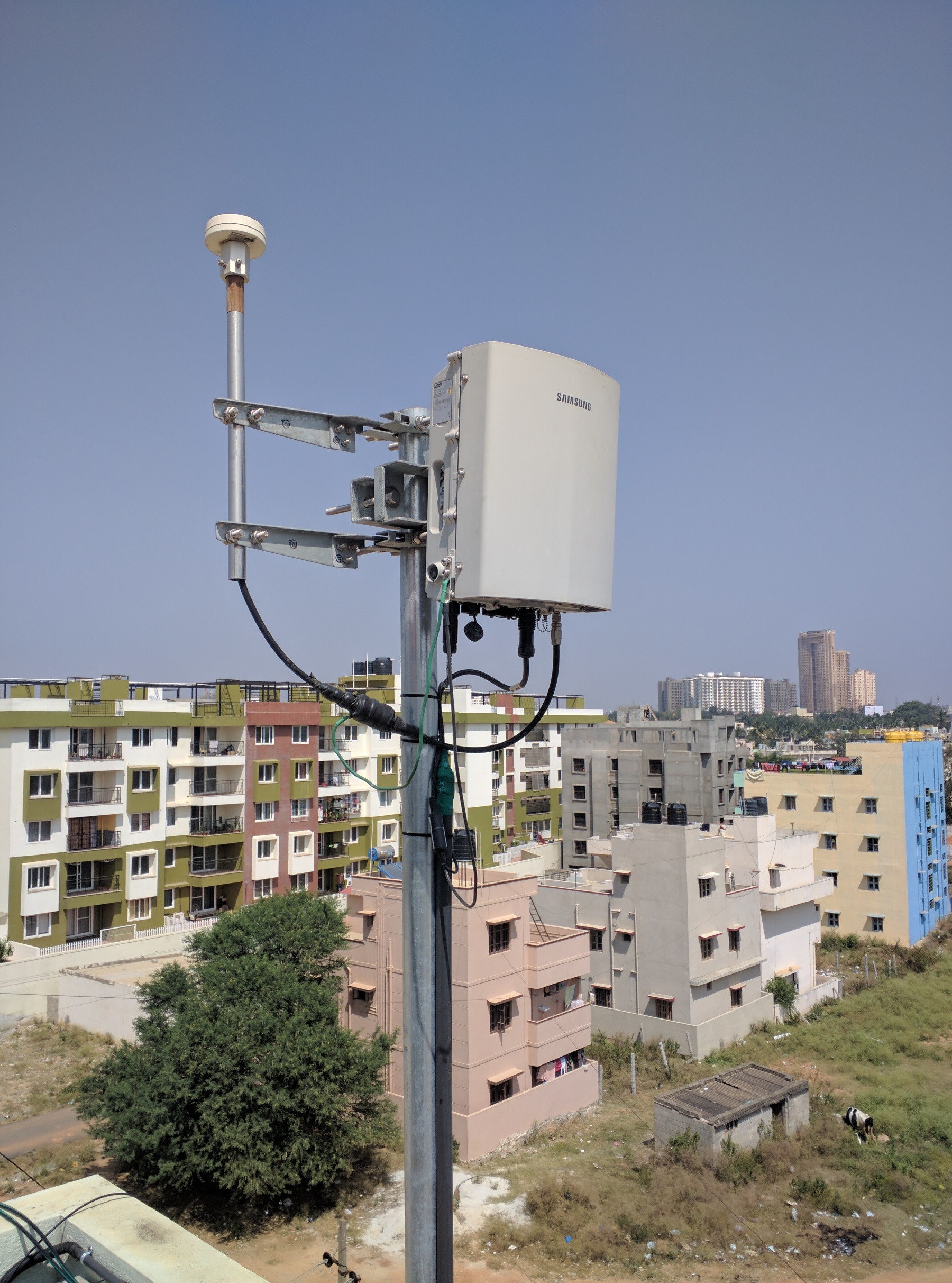A group of Georgia lawmakers meets this week to discuss how to roll out small cell wireless technology without robbing cities of the ability to exert local control.
Think of small cells as little wireless hot spots that fill in coverage gaps from larger cell towers.
Telecommunications companies say installing small cells on things like utility poles and street lights would help them roll out 5G, the next generation of wireless technology.
Cities worry that would come at the expense of local control over where small cells would be installed and how they’d be regulated.
“Local governments do not like the idea of being told that they’ve got to put up poles wherever the providers want to put them, rather than having control over their rights of way,” state Rep. Jay Powell said.
He co-chairs the state House Rural Development Council, which meets Tuesday and Wednesday to discuss the matter.
Powell says, for now, small cell technology would mostly benefit large and midsize Georgia cities. However, it’s seen as a possible future solution to expand rural access to broadband internet.
The Rural Development Council is taking up the topic because it includes leaders of key state House committees.
The permitting process is also a sticking point: to fill network gaps, telecoms need to install lots of small cells. Powell said that’s another issue the council will take up this week.
“How do we expedite the permitting process without just giving carte blanche to the providers that they can do whatever they want, wherever they want?” he said.
It won’t be the first time state lawmakers have tried to resolve some of the issues relating to small cell technology. Efforts to pass legislation on the matter during the 2018 session failed.









